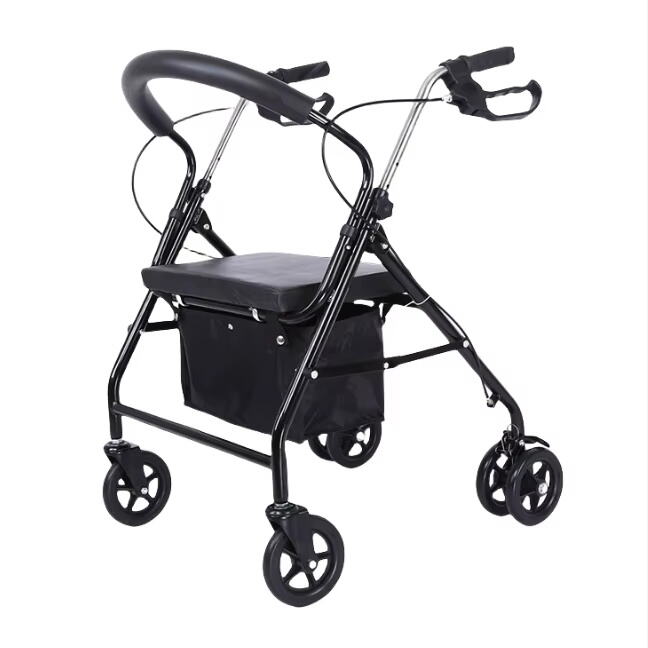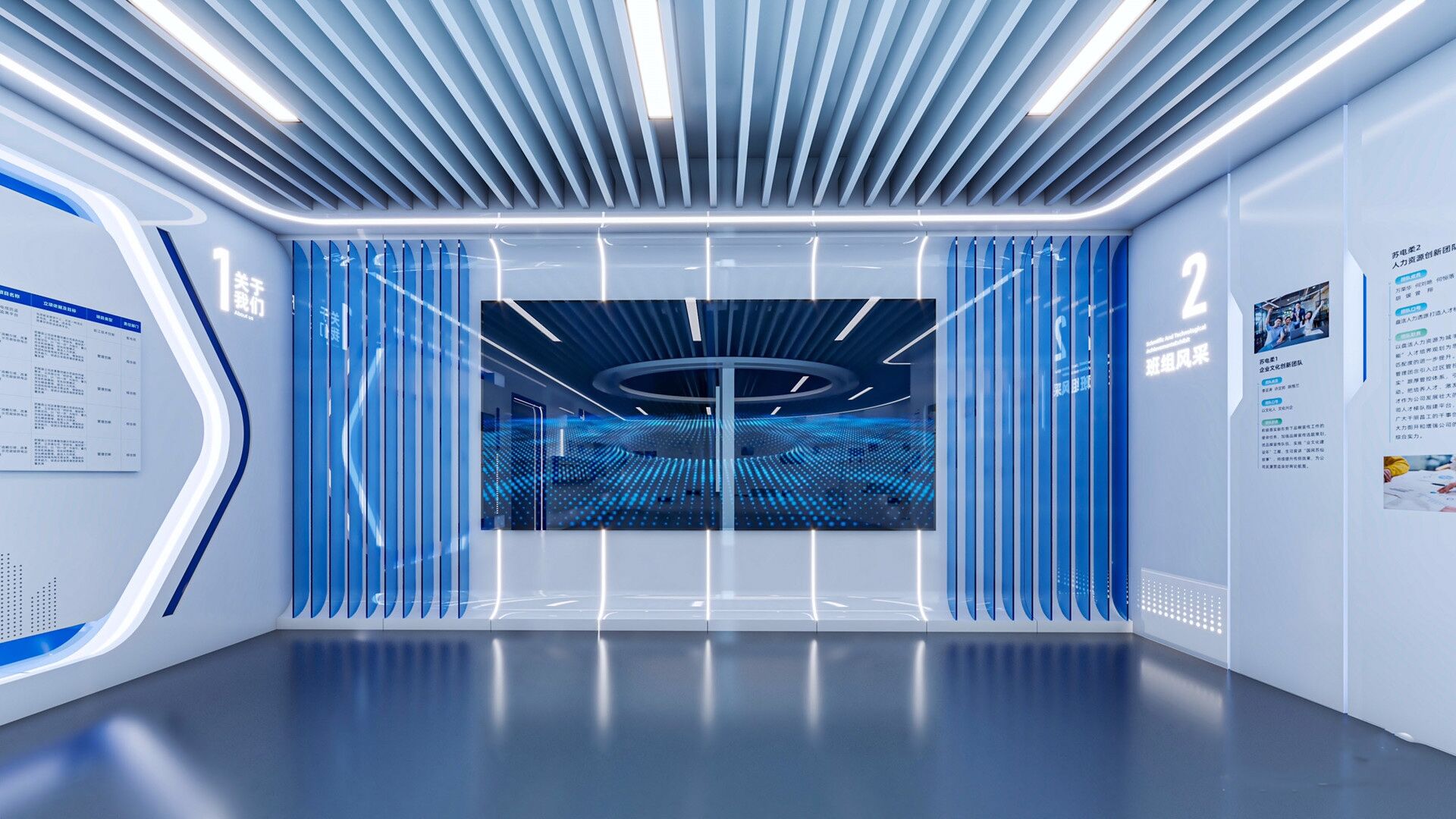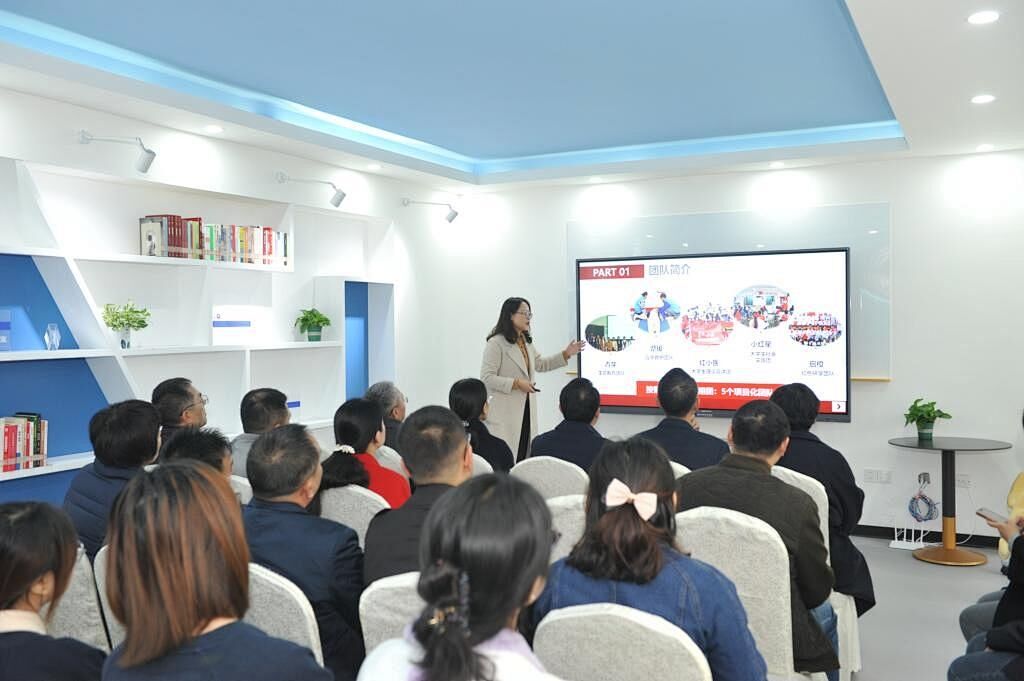Заводи для вітчизняних людей відіграють важливу роль у вирішенні сучасних проблем охорони здоров'я. Ви бачите їх вплив у тому, як вони підвищують ефективність і спрощувати догляд за пацієнтами. Ці фабрики стимулюють інновації, інтегруючи передові технології в засоби охорони здоров'я. Їхній внесок стає ще важливішим, оскільки населення, яке старє, зростає, вимагаючи кращих рішень для догляду за літніми.
Фабрики для дорослих: визначення та значення
Що таке фабрики для вічних?
Фабрики для дорослих спеціалізуються на розробці та виробництві медичних телег, адаптованих для медичних установ. Ці заклади зосереджені на створенні телег, які відповідають специфічним потребам медичних працівників та пацієнтів. Ви побачите, що їх Продукти Розмах від простих кашів для зберігання до передових технологічних рішень. У цих заводах приоритетом є функціональність, довговічність і безпека. Їхня робота забезпечує, щоб постачальники медичної допомоги мали надійні інструменти для ефективного надання допомоги.
Їхня роль у галузі охорони здоров'я.
Заводи для дорослих віз відіграють вирішальну роль у сучасному медичному обслуговуванні. Вони забезпечують необхідне обладнання, яке підтримує щоденні операції в лікарнях, клініках та закладах довгострокової допомоги. Наприклад, їхні тележки допомагають медсестрам організовувати ліки, перевозити припаси і проводити лікування біля ліжка. Розвиваючи простіше завдання, ці фабрики сприяють більш плавному роботі та зменшенню втоми персоналу. Ви можете побачити їх вплив у тому, як вони підвищують загальну якість догляду і покращують досвід пацієнтів.
Виконання потреб старіння населення.
Старіння населення створює унікальні проблеми для систем охорони здоров'я. Заводи для літніх людей вирішують ці проблеми, виробляючи тележки для догляду за ними. У таких тележках часто є такі особливості, як ергономічні ручки, легко очищаються поверхні і відділення для спеціального обладнання. Ви помітите, що деякі навіть інтегрують технології, такі як інструменти телемедицини, для підтримки дистанційних консультацій. Зосереджуючись на потребах літніх людей, ці фабрики допомагають постачальникам медичної допомоги надавати більш індивідуальну та ефективну допомогу.
Новинки в матеріалах, дизайні та технологіях
Тривалі матеріали та ергономічні конструкції для медичних середовищ.
Фабрики для дорослих зосереджені на створенні телег, які витримують вимоги медичних закладів. Ви помітите, що ці тележки часто використовують матеріали, такі як нержавіюча сталь або високоякісні полімери. Ці матеріали не стикаються з корозією, драпами і частою очисткою дезінфікуючими засобами. Ця довговічність гарантує, що тележки протримаються довше і зберігають свою якість з часом.
Ергономічні конструкції також відіграють ключову роль. Ручки зроблені так, щоб зменшити напругу на руки і зап'ястя. Колеса плавно слізгають, що полегшує переміщення коробки по різних поверхнях. Регульовані висоти дозволяють працювати комфортно, стоючи або сидячи. Ці розсудливі функції підвищують вашу ефективність і зменшують фізичну втоми під час довгих змін.
Інтеграція IoT та розумних технологій.
Сучасні тележки тепер мають технологію Інтернету речей (IoT). Заводи для вічних візків провадять шлях у інтеграції розумних функцій у свої конструкції. Наприклад, деякі тележки мають сенсори, які відстежують рівень запасів. Ви можете отримувати попередження, коли запаси закінчуються, що допоможе вам уникнути нестачі.
Інші тележки мають цифрові замки, які підвищують безпеку. Тільки уповноважений персонал може отримати доступ до ліків або чутливого обладнання. Деякі моделі навіть підключаються до лікарняних мереж, що дозволяє оновлювати записи пацієнтів безпосередньо з кошика. Ці інновації спроможують ваш робочий процес і підвищують точність надання медичної допомоги.
Шляхи для задоволення різних потреб у сфері охорони здоров'я.
Кожна медична установа має свої унікальні вимоги. Заводи для дорослих людей вирішують це, пропонуючи індивідуальні варіанти. Ви можете вибрати тележки з певними конфігураціями, кольорами або розмірами, які відповідають вашим потребам. Деякі фабрики навіть створюють тележки для спеціальних завдань, таких як анестезія або флеботомія.
Використання персоналізації гарантує, що ваша кошика безпроблемно вписується в ваш робочий процес. Це також дозволяє адаптуватися до змін у вимогах до охорони здоров'я. Чи потрібен вам тележок для маленької клініки чи великої лікарні, ці фабрики надають рішення, адаптовані до вашого середовища.
Вплив фабрики для дорослих на результати медичної допомоги
Посилення оперативної ефективності та скорочення навантаження персоналу.
Заводи для дорослих допомагають підвищити ефективність роботи в медичних закладах. Їхні тележки призначені для спрощення таких завдань, як доставка ліків, транспортування поставок і догляд за пацієнтами. За допомогою таких телегнів ви заощаджуєте час і не пересуваєтесь непотрібно. Наприклад, добре спроектована тележка з ліками дозволяє швидко отримати доступ до ліків, що зменшує затримки під час напруженої смен.
Покращення результатів пацієнтів за допомогою кращого надання допомоги.
Інструменти, що надаються фабриками для перевезення літніх людей, безпосередньо впливають на результати пацієнтів. Якщо у вас є швидкий доступ до організованих засобів, ви можете надавати допомогу більш ефективно. Це зменшує ризик помилок і забезпечує своєчасне лікування пацієнтів. Наприклад, телемедицинські телекари дозволяють проводити віртуальні консультації, надаючи допомогу пацієнтам, які в іншому випадку можуть зазнати затримок.
Реальні приклади їх впровадження в медичних закладах.
Ви можете побачити вплив фабрики для вічних віз в лікарнях і клініках по всьому світу. Багато закладів використовують тележки з ліками з сканерами штрих-кодів для перевірки препаратів перед введенням. Це значно зменшило помилки при прийомі ліків. У сільських районах телемедицинські телекари з'єднали пацієнтів зі фахівцями, поліпшивши доступ до допомоги.
Фабрики для дорослих перетворили сучасну медичну допомогу. Їхні тележки підвищують ефективність, покращують догляд за пацієнтами і стимулюють інновації. Ви отримуєте користь від їх довговічних конструкцій і передових технологій щодня. Оскільки охорона здоров'я розвивається, ці фабрики будуть продовжувати формувати майбутнє. Їх увага до задоволення різноманітних потреб забезпечує кращі рішення як для пацієнтів, так і для постачальників послуг.

 EN
EN









































